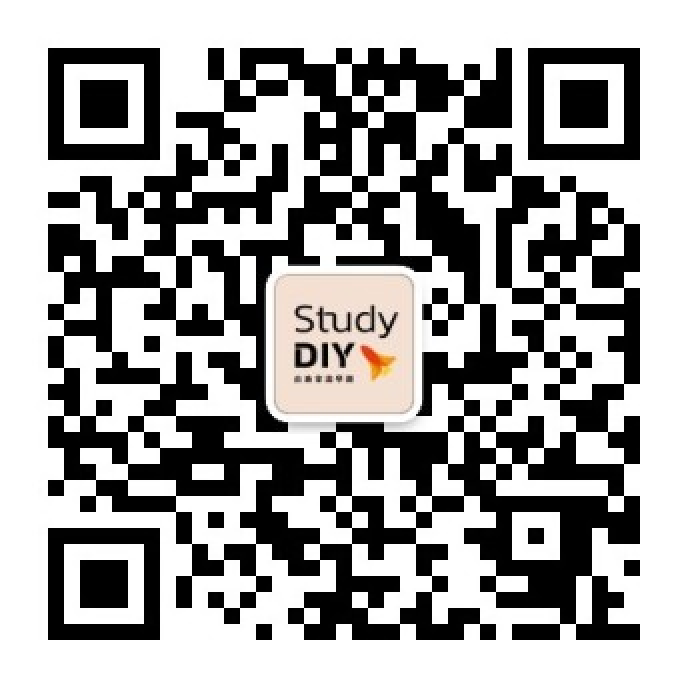
- United States
- United Kingdom
- Canada
- Australia
- Netherlands/Ireland
- High School
- University
- Research Institute
- Conditional Admission
- Community College
- Public College
- Private College
- Junior High School
- High School
- United States
- United Kingdom
- Canada
- Australia
- Netherlands/Ireland
- High School
- University
- Research Institute
- Conditional Admission
- Community College
- Public College
- Private College
- Junior High School
- High School
Study in the USA STUDY USA
Introduction
Education System Overview
In the traditional system, students follow the academic system and school requirements to apply for degrees, often needing to prepare for English exams such as TOEFL/IELTS and standardized tests like GRE/GMAT, causing students to feel overwhelmed by the pressure to meet application requirements. Hence, the pathway of conditional admission has emerged. Simply put, "conditional admission" is a way to obtain admission with conditions, where students only need to fulfill the school's requirements before formal admission to become students of that school.
Common admission conditions can be divided into two categories: exam scores and academic performance. Exam scores refer to exempting various exam standards, allowing students to submit below-standard TOEFL/IELTS scores during application, with the requirement to reach the threshold before admission or attend a language preparatory course at the school. As for academic performance, it allows students with slightly lower GPAs to improve through credit preparatory courses or enables students changing fields to take basic courses. In other words, conditional admission provides students with breathing space and time, making the American academic pathway diverse and adaptable.

Conditional Admission
Conditional Admissions
Some universities offer conditional admission schemes, where applicants only need to provide application documents and meet academic thresholds to have the opportunity for conditional admission. The way conditions are met varies by school; some allow postponement of meeting requirements, while others require attending summer language courses in the United States to strengthen academic English, similar to the application process in the United Kingdom.

Academic Preparatory Courses
Pathway Programs
Academic preparatory courses serve students who have not met the requirements for various study abroad exams or those changing fields. In these preparatory courses, besides courses to enhance academic English, students also receive relevant foundational education based on their chosen majors, laying the groundwork for students while also cultivating their ability to discuss and present in English, helping them adapt to the American academic environment.
Suitable for
Suitable Candidates
- 1You aspire to study abroad but are not very familiar with academic English
- 2You have taken the GRE/GMAT, TOEFL/IELTS exams multiple times but have not been able to meet the requirements
- 3You have less than ideal academic performance, yet are fearlessly aiming to advance to the top 100 universities in the United States
- 4You want to change fields but lack relevant credits
- 5You are eager to go abroad and are hoping to depart as quickly as possible
Education System
Educational System
Conditional admission to the United States provides new study opportunities for international students and can also alleviate the cultural shock that students accustomed to Asian education may encounter while studying in the United States. The duration of conditional admission can range from one semester to one to two years. However, not all students need to delay their graduation time for bridging courses. Many programs have well-designed credit plans, allowing students to graduate with only an additional semester or even on time.
High School
High school
Grade 9Grade 10Grade 11Grade 12Prerequisite Courses - Undergraduate Pathway
Prerequisite Courses
Prerequisite programs for applying for articulation university courses with high school grades. Depending on the student's English proficiency, apply for a Pathway for one semester to one year, allowing students to take general education credits while strengthening academic English. At the end of the program, if the level is appropriate, they can directly enter the second year. Some schools also offer Bachelor’s Completion transfer articulation programs.
University
Undergraduate
FreshmanSophomoreJuniorSeniorArticulation Courses - Graduate Pathway
Articulation Courses
Prerequisite courses for applying for graduate programs with university in-school grades. Depending on the student's English proficiency, apply for a Pathway or pure language course for one semester to one year, providing students with credits needed for future master's degrees, articulating graduate programs. If the credits are sufficient, students can graduate simultaneously with traditional entry students.
Graduate School
Postgraduate
Grade 1Grade 2
Application Process
Application
In the United States, university/graduate school applications are different from those in the Philippines. In addition to academic performance and standardized tests (GRE/GMAT, TOEFL/IELTS), U.S. universities also place significant emphasis on students' extracurricular activities, internship/work experience, and all application materials. Therefore, in the application process, Self-Help Home recommends that applicants should plan their schedules early, prepare all required application materials for each application, ensure that progress aligns with the application timeline, in order to increase the chances of being accepted to their ideal schools.
Step 1 - Application Preparation
- School Selection Strategy Planning
- Initial School Application Selection
- Study Abroad Exam Preparation
- Confirm Recommender Selection
Step 2 - Document Preparation
- Finalize School Application List
- Prepare Application Documents (Transcripts, Passport)
- Study Abroad Exam Preparation
- Complete Writing and Editing of Application Documents
Step 3 - Official Application
- Confirm Recommender Submission of Recommendation Letter
- Submit Study Abroad Exam Scores
- Provide Required Transcripts and Certificates
- Monitor Application Status and Application Email
Step 4 - Application Results
- Confirm Final School Enrollment
- Arrange Accommodation
- Prepare Required Visa Documents
- Apply for I-20 from School
Step 5 - Pre-Departure Preparation
- Apply for F1 Student Visa
- Select Courses According to School Regulations
- Confirm Dormitory Check-In Time
- Book Flight Tickets, Arrange Entry Itinerary
Recommended Articles
TOEFL / GRE / GMAT Exemption Zone
You can apply to universities/research institutes in the United States, United Kingdom, and Canada without TOEFL, IELTS, GRE, GMAT, or SAT scores!


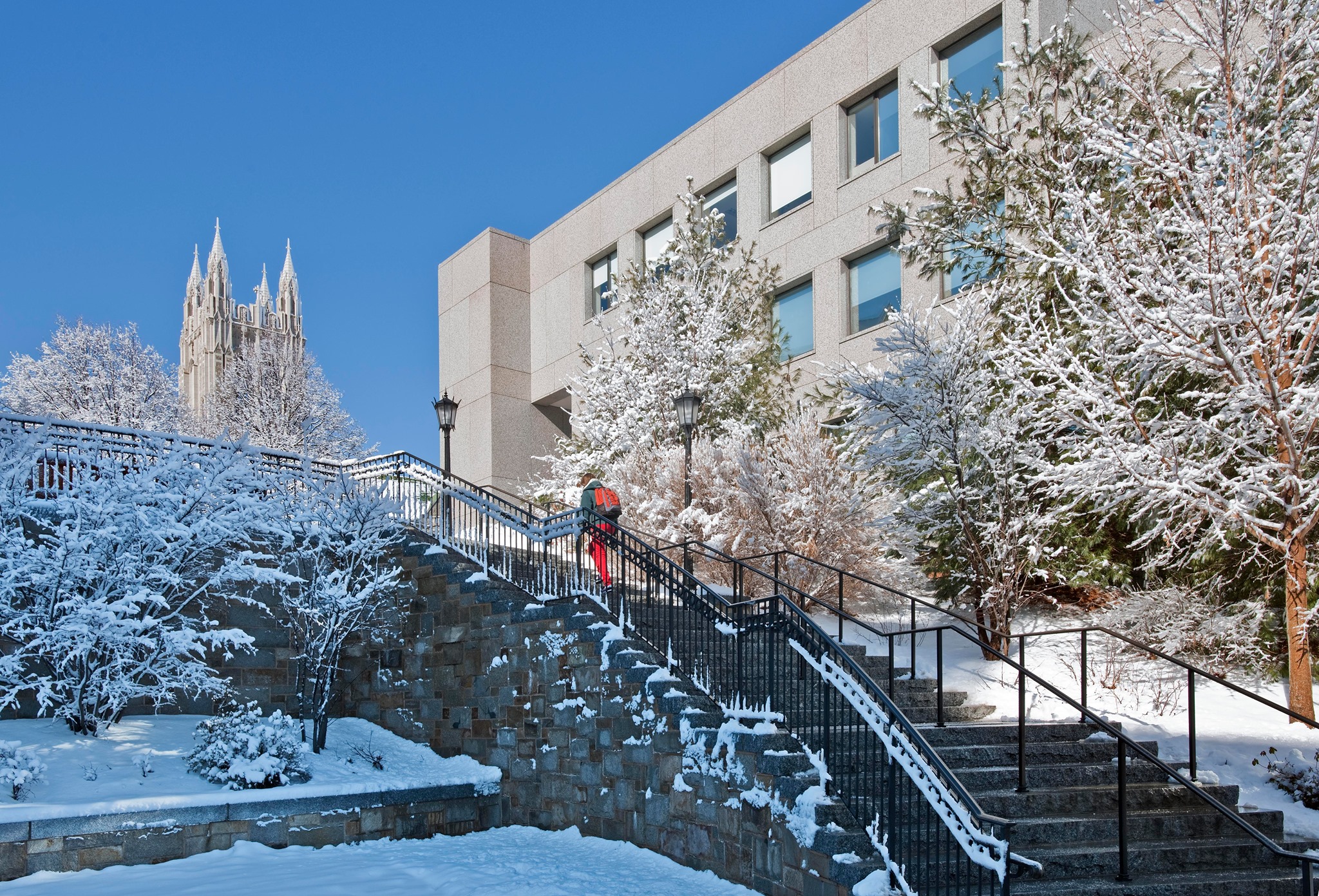
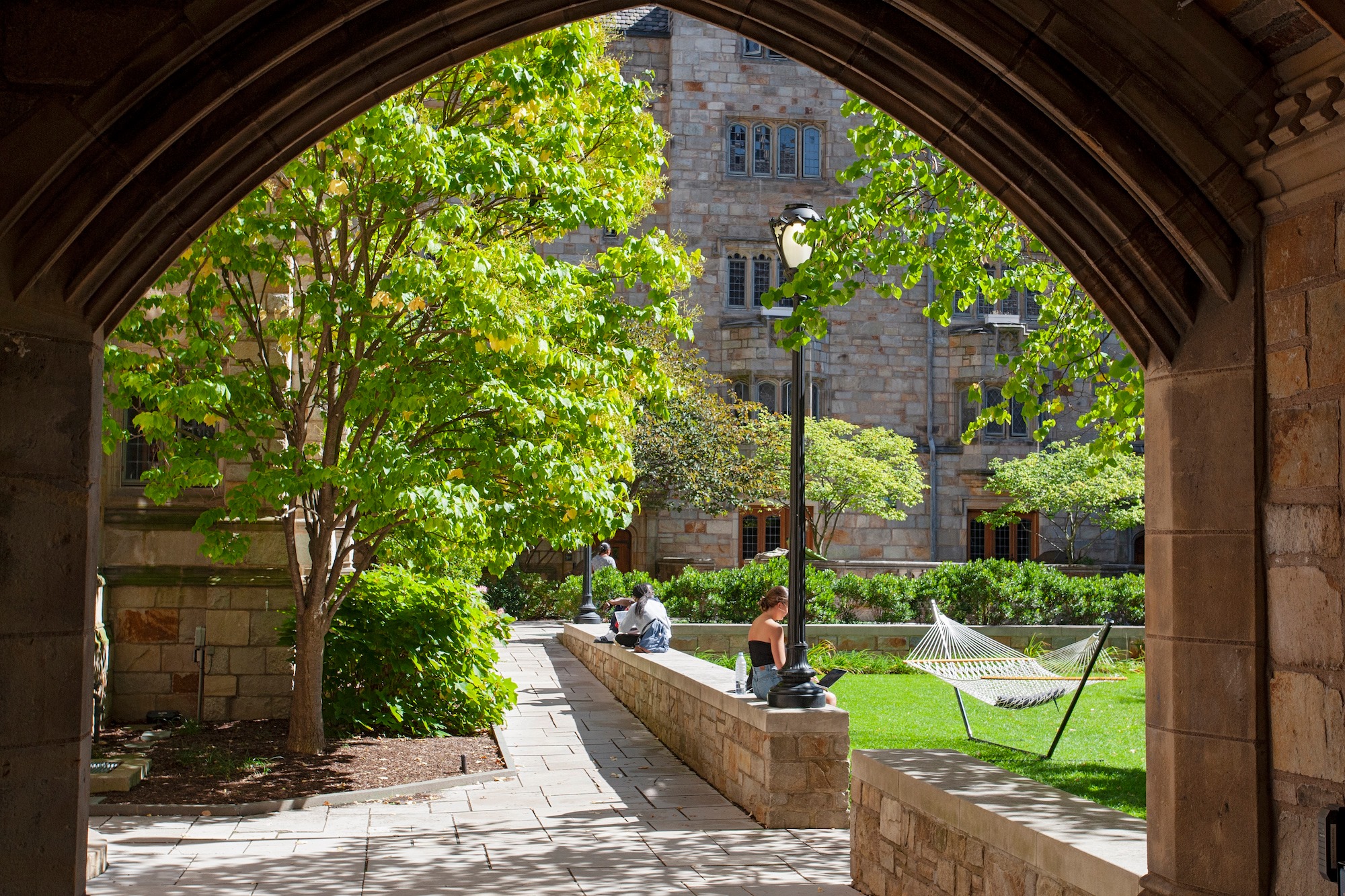
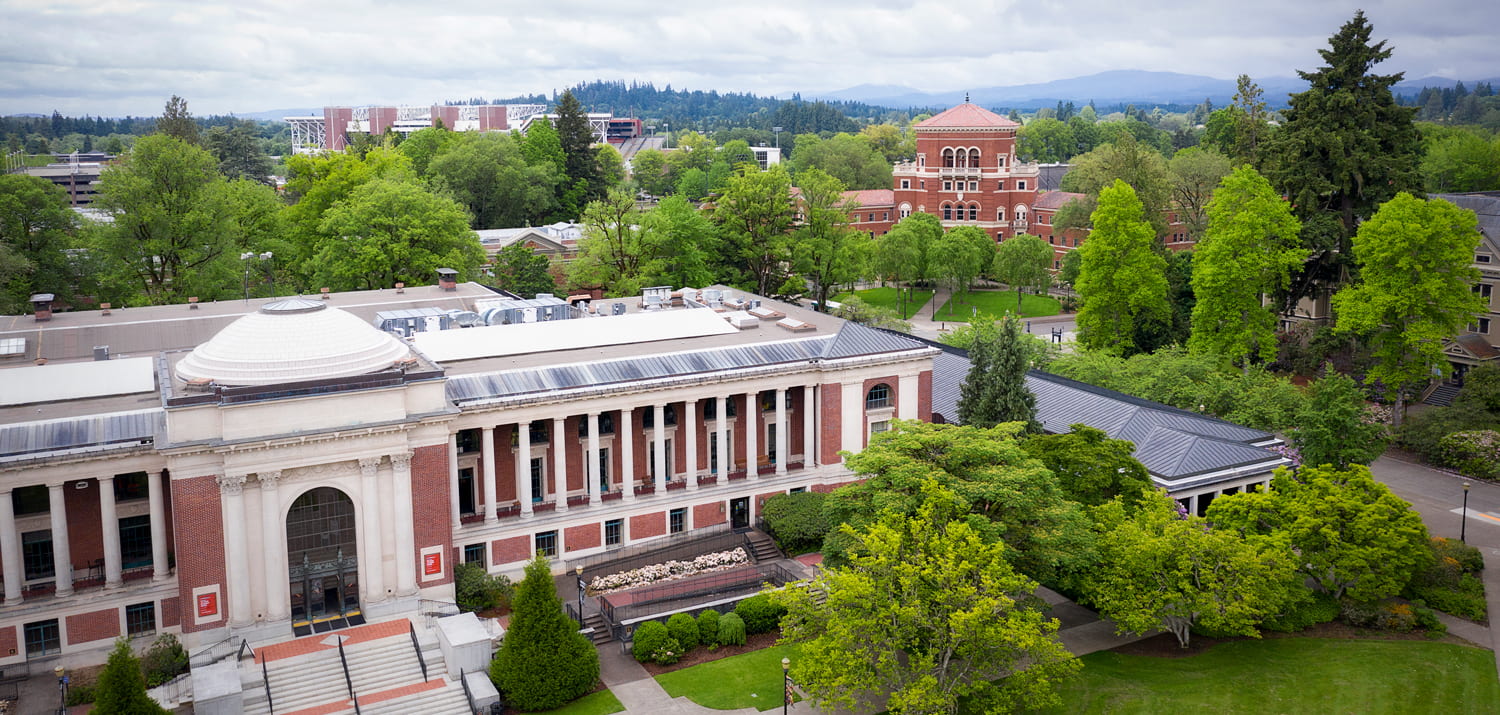
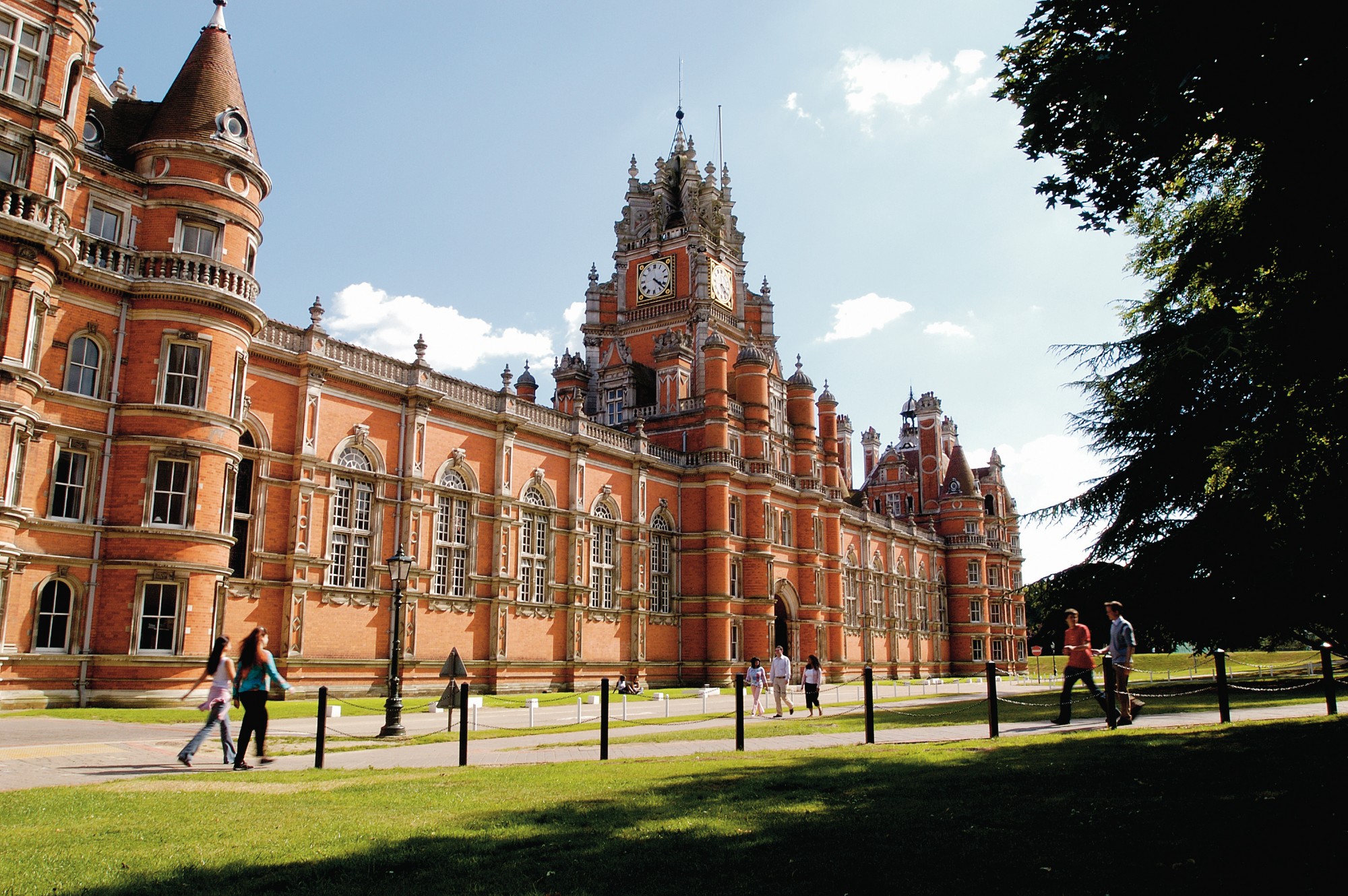
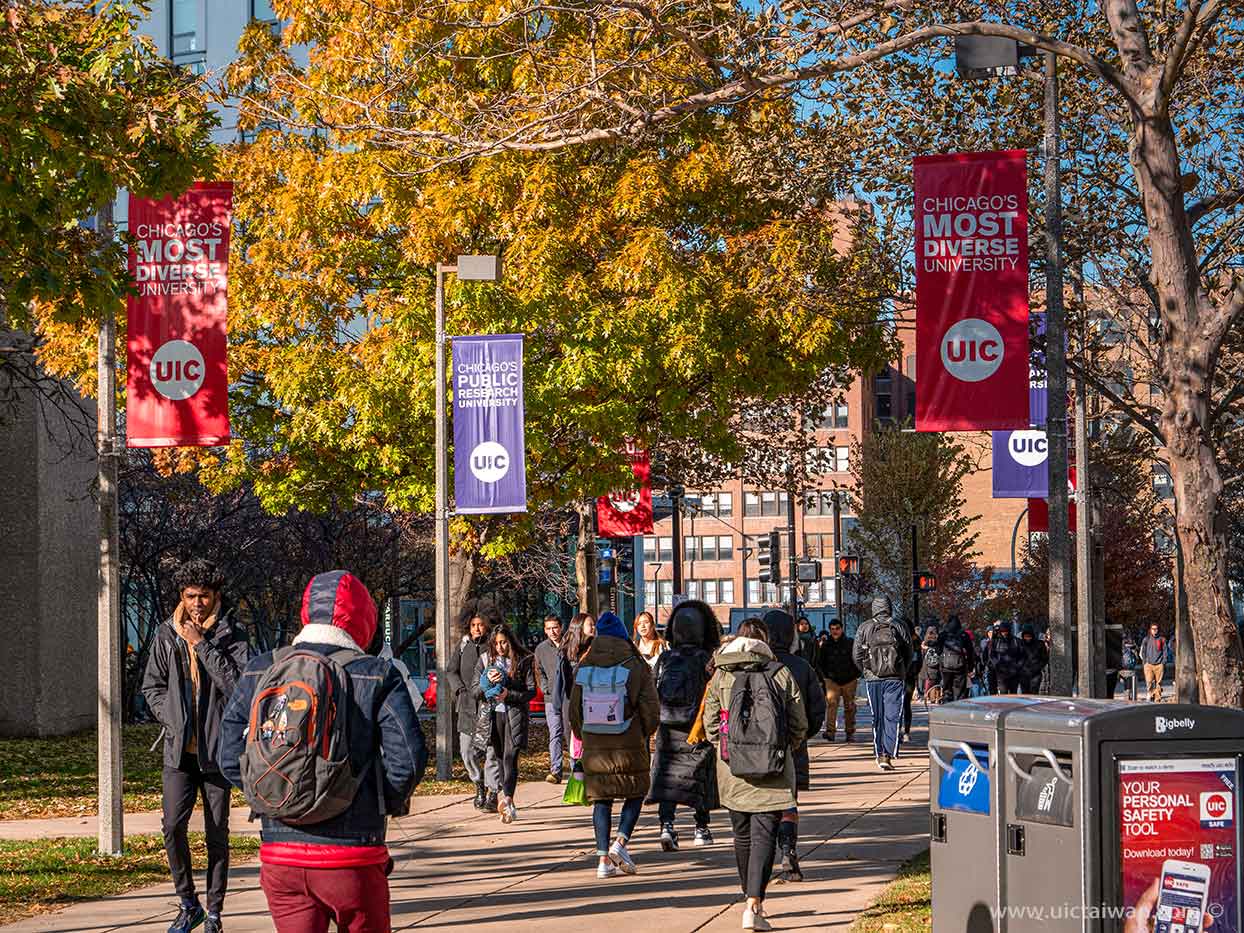


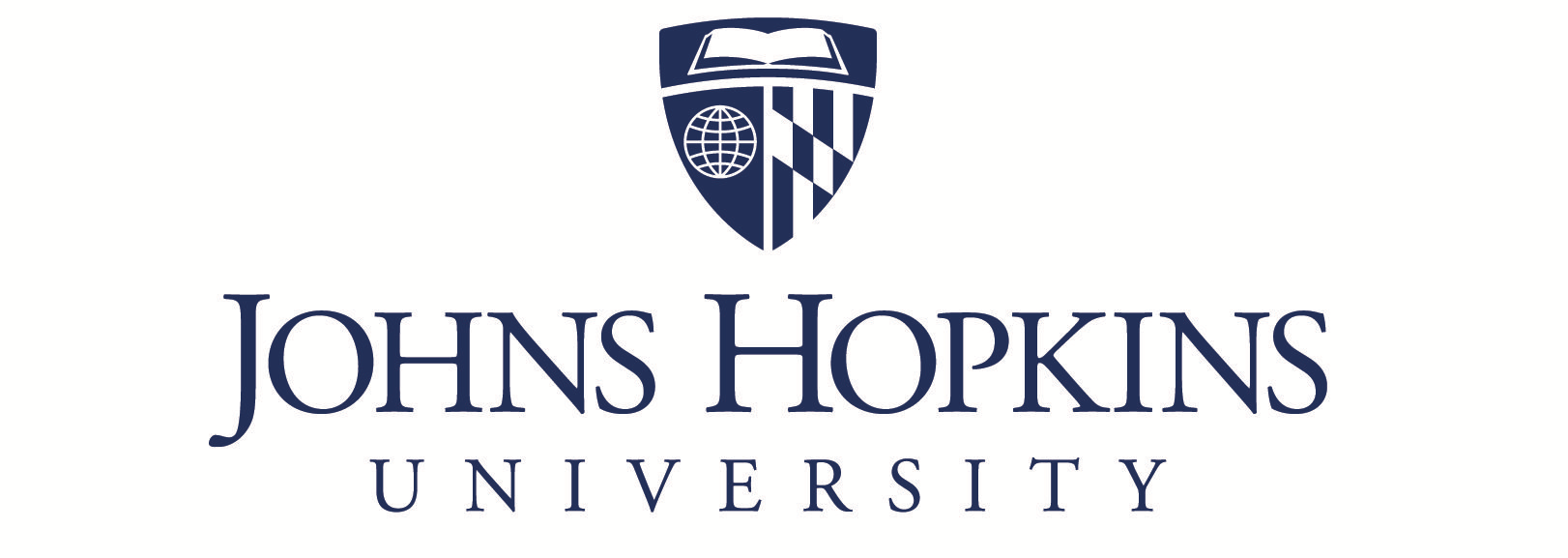
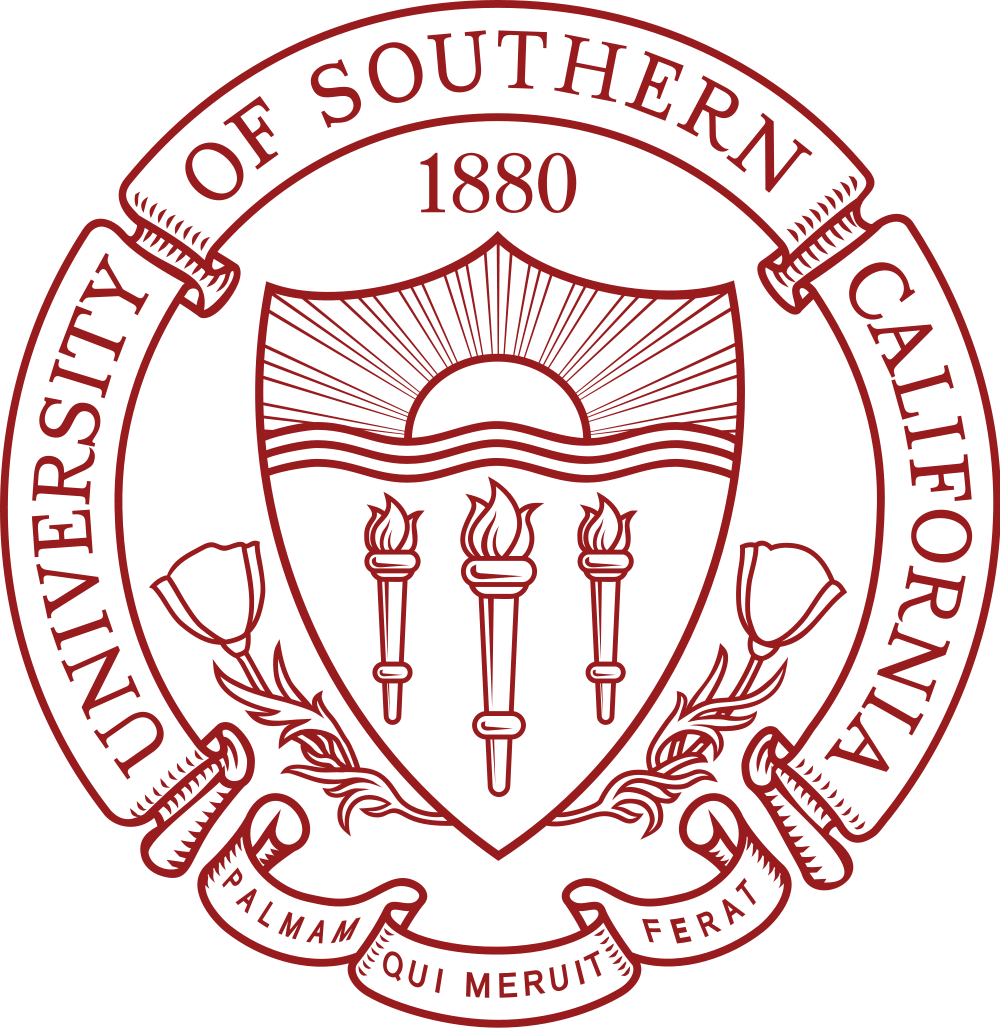
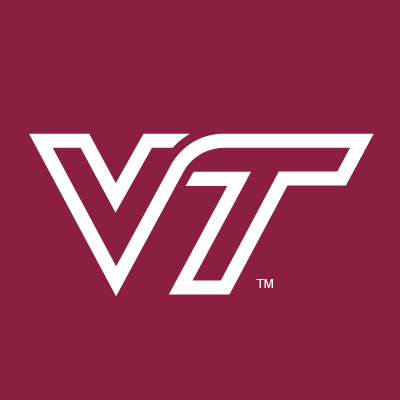
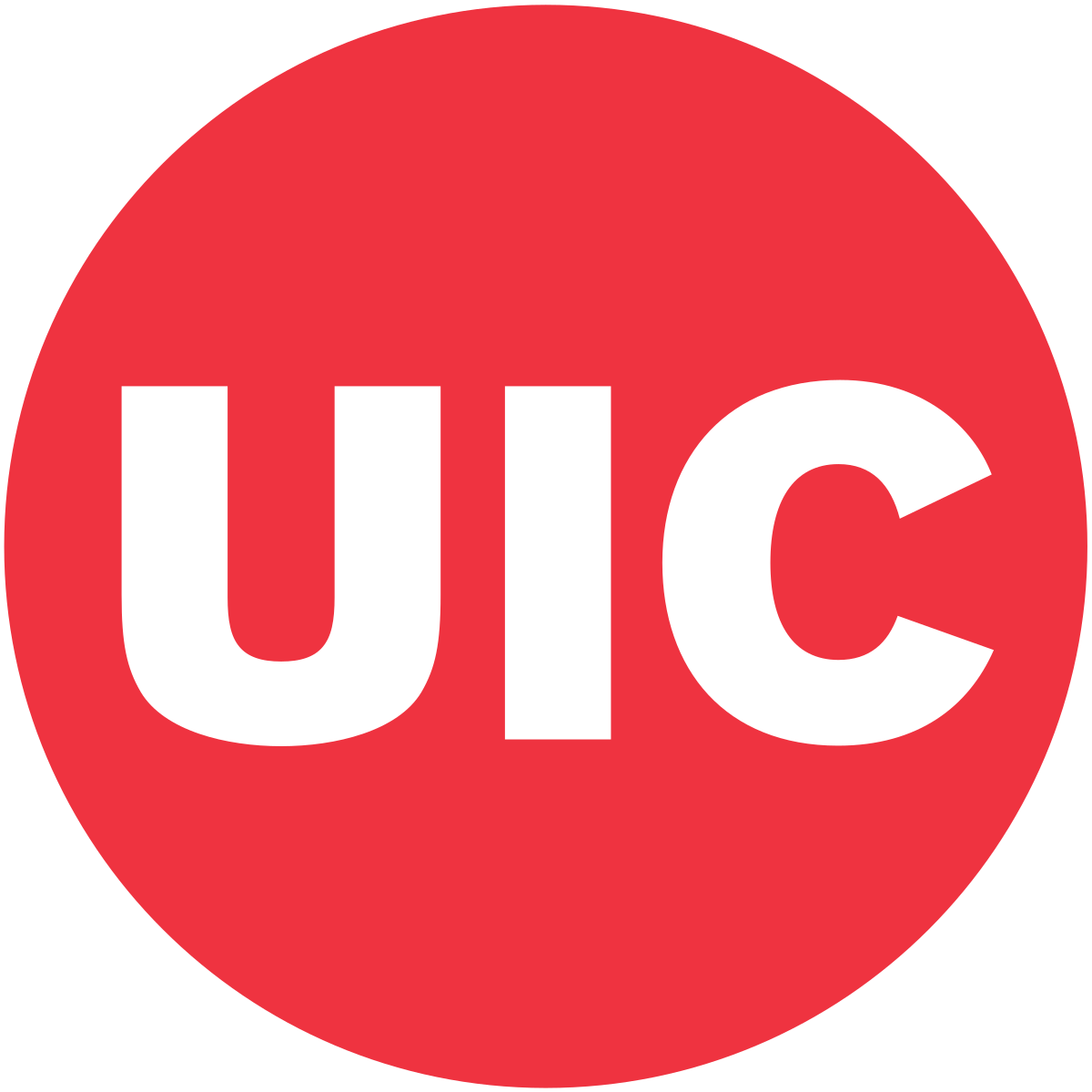
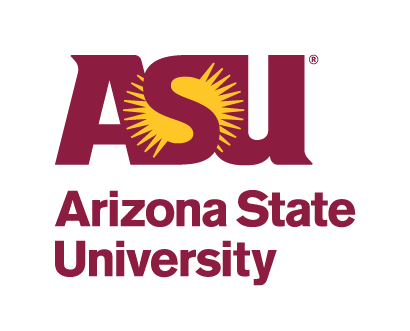
 Study in the USA
Study in the USA Study in Australia
Study in Australia Study in the UK
Study in the UK Study in the Netherlands/Ireland
Study in the Netherlands/Ireland Study in Canada
Study in Canada Conditional Admission
Conditional Admission



